It’s time we took the war into Russia
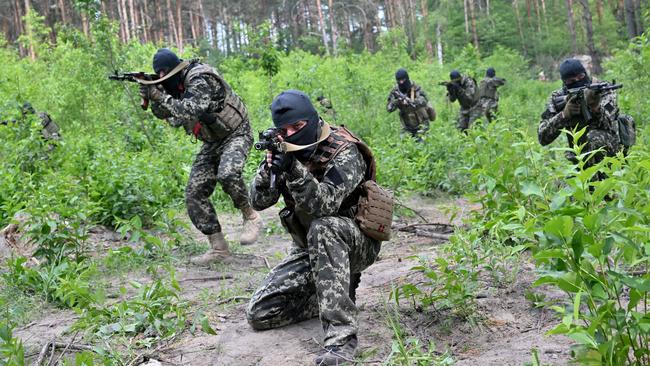
Sanctions pile up against Russia – there are well over 10,000 on individuals and entities, more than the overall number imposed on the pariah states of Iran, Syria and North Korea – and yet Putin shows no sign of easing the slaughter. By November, he calculates, President Biden will have been turned into a lame duck at midterm elections. In the same month the Russian leader plans to attend the G20 summit in Indonesia as a peacemaker rather than a warmonger, ready perhaps to lift the blockade on Ukraine’s grain crop to feed the world’s hungry.
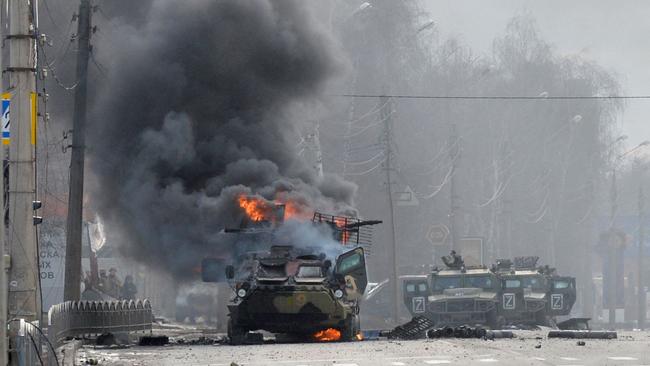
Russian gas will be gobbled up by Europeans just before winter. Putin foresees a golden autumn: Ukraine will have lost land and lives and, crucially, Ukraine’s backer NATO will have lost face.
The western sanctions regime and the sluggish supply of modern weaponry were never likely to deter Putin or quash his fundamental interest in subjugating Ukraine. There has been no coup attempt against him, there is no mass Stop the War campaign, Russian ambassadors are not queuing up to defect to the West.
Sanctions can work, can change political behaviour and are often seen as an offensive weapon, but they function cumulatively, over time, and there are always unintended consequences. Although Putin’s war made a stumbling start it is now moving at pace: in Donbas Russians are outgunning Ukrainians ten to one. Facts on the battlefield are changing faster than it takes for sanctions to bite against Moscow’s decision-makers.
Moreover, the scattergun effect of sanctions is helping Putin to make a case that the West is trying to turn Russia into a third-grade country. Since early March, for example, Boeing and Airbus have stopped supplying spare parts for aircraft in the Russian commercial fleet. Typically, aircraft tyres, which take a great deal of wear and tear, should be changed every 120-400 landings. So for Russian domestic flights, running four journeys a day, that is already becoming a problem. The same goes for computer machinery, aircraft engine parts, the generators that pump compressed air into cabins.
None of this has yet made Russia immobile – it has its own manufacturing industry – but the cancellations, the depletion of flights in a country dependent on air travel, are beginning to hurt and the West rather than Putin gets the blame.
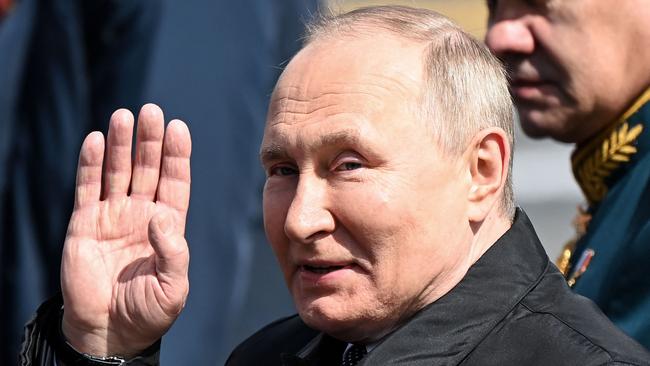
The sanctions weapon, then, has to be refined; it can’t simply be a means to allow western governments to express their frustration at Russian behaviour. All generals, all suspected war criminals, all senior members of the GRU military intelligence, all Russian arms companies, officials in its lucrative arms export agency, all private military contractors (not just the Wagner Group), all weapons laboratories: they should remain on the sanctions blacklist.
Since Putin has in effect weaponised the gas industry, Gazprom executives and their supplier companies should be targeted. Chinese companies supplying semiconductors and electronics to the Russian military establishment should fall under secondary sanctions. The ultimate aim has to be to raise the individual costs of participating in the Putin war machine. That requires more depth and scrutiny, less blunderbuss, in sanctions targeting.
But if sanctions are to become slicker (why does the EU pre-announce them by six months, allowing targets to shelter their fortunes?) then so must the quality of the military support. Ukraine is already a stamping ground for special forces. In a remarkable report, the Times correspondent Maxim Tucker this week talked to men from the “Shaman” battalion of the Ukrainian special forces. It was clear they have been taking the battle on to Russian territory; certainly oil refineries and arms depots on the Russian side of the border have been blowing up with some regularity. There are western training missions, allied commandos funnel aid to Ukrainian troops, time-sensitive intelligence is fed to battlefront commanders. It is covert action, which the historian Rory Cormac describes as “like the wind, visible in the movement of branches on trees, you can only feel its effects”.
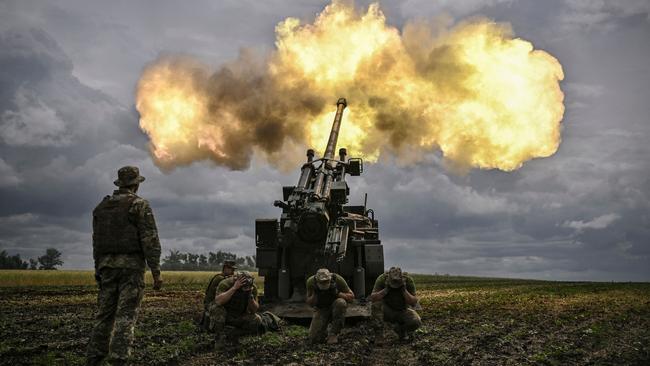
That may have to become more assertive to rob the Russians of their advantage. Heavy weapons deliveries will not be enough at a time of total war. Special forces are a deniable presence – much as Russia’s little green men were used to snatch Crimea in 2014 – and so the western fear of a Putin escalation may be overstated.
Russia bombards Kharkiv daily from Russian soil, but Ukraine cannot fire back with new weapons because it has been told by its western donors not to trigger a world war by shooting across the border. But ammunition is being taken by train from Belarus to the Belgorod base, the Russian nerve centre for the battle against Kharkiv. Without overstepping my role as a journalist, I would like to point out that it is part of the special forces’ historic repertoire to derail trains and buckle track.
As Russia tries to establish an occupation administration in Kherson in the south of Ukraine, there will be potential for partisan resistance. Putin has broken every international constraint on the conduct of war in the past four months but seems to expect that the qualms of the West will keep it out of the fight, except as a Zelensky cheerleader. Let’s surprise him.
Roger Boyes is Diplomatic Editor of The Times
The Times

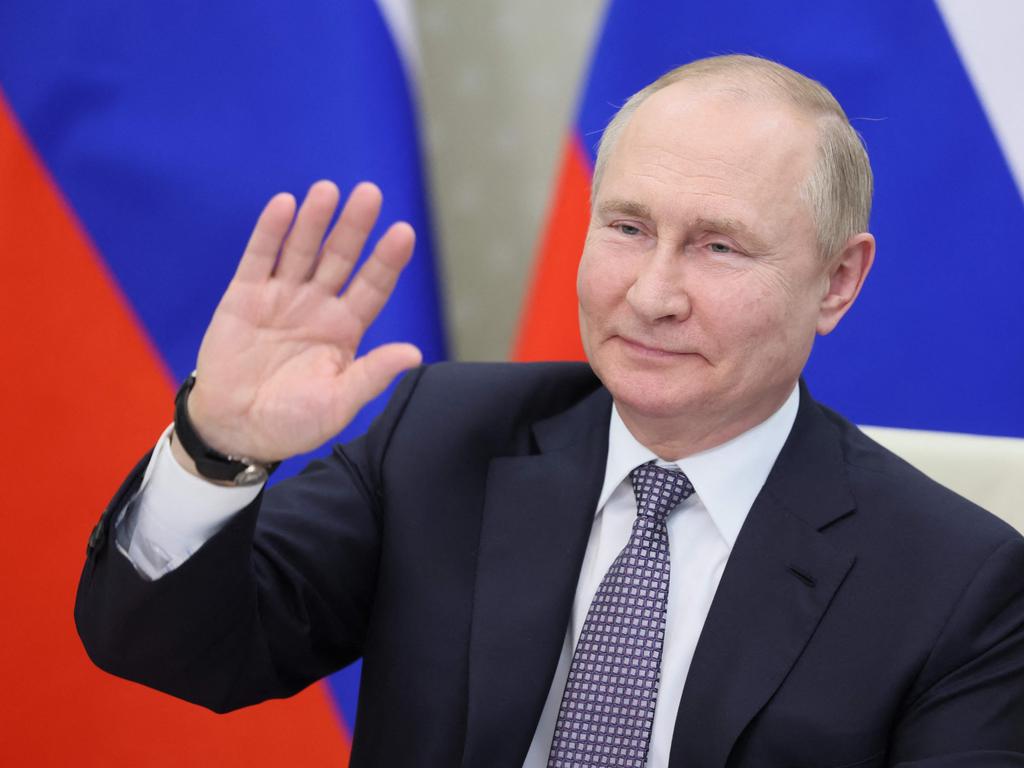


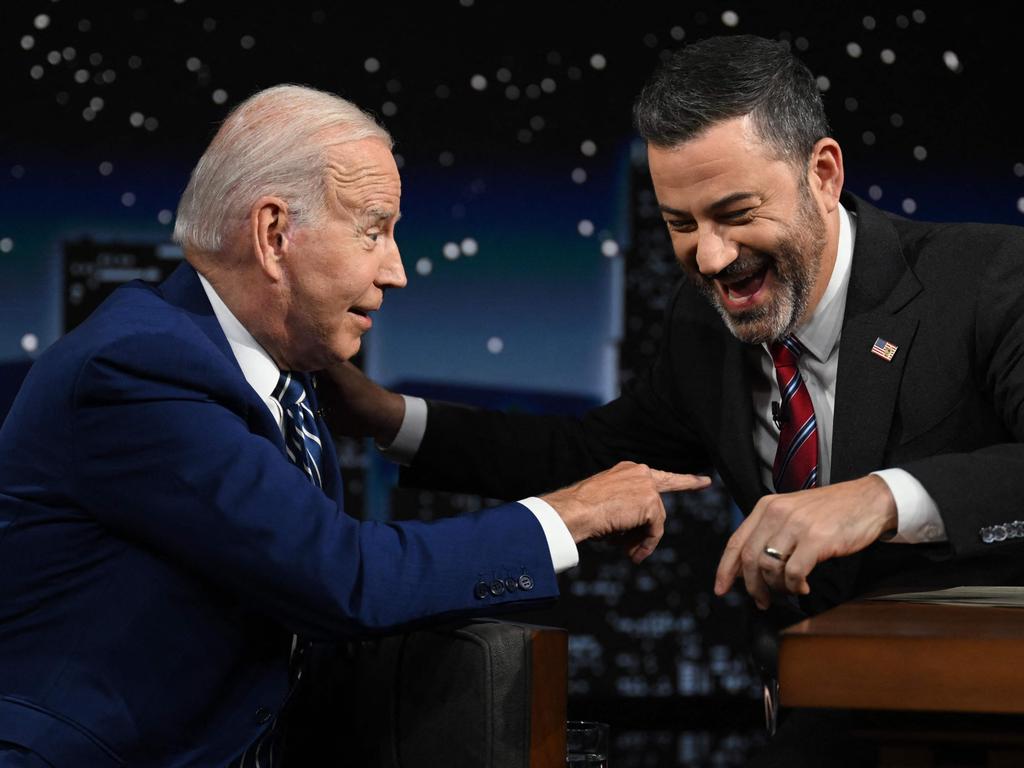


When a precision missile hits a large shopping centre in the middle of a city, you know it’s not a misfire or a dud shot but rather a calling card from Vladimir Putin. This week’s war crime in Kremenchuk’s busy mall was a further sign that Russia’s sustained attack on Ukraine has turned into total war.